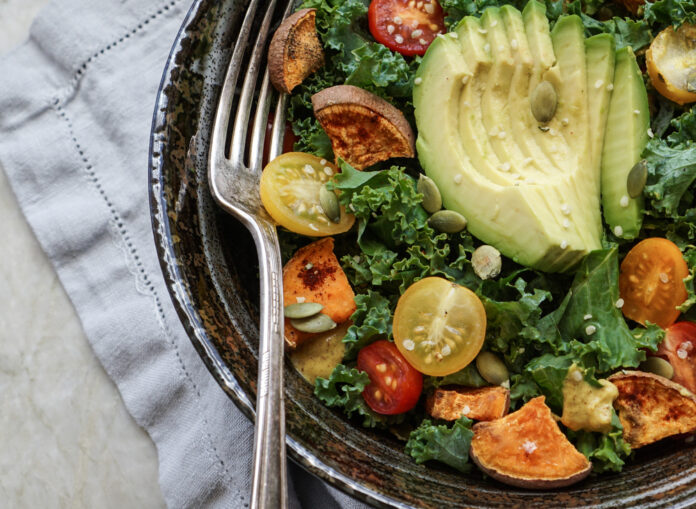
Although there are wide varieties of clean eating, in general, it refers to consuming foods that are as close to their original condition as is feasible. In order to make our meals as “clean” as possible, this pushes us to create them from scratch.
Health Advantages
The health advantages of eating foods high in nutrients that come straight from the land and are not unduly processed are the major motivation for adopting a clean eating lifestyle. Most Americans consume a diet high in highly processed meals created from artificial components. These foods are loaded with fat, sugar, salt, chemicals, preservatives, food colors, and other additives your body is ill-equipped to handle. These extras might be harmful to your general health and wellbeing.
Your body receives nourishment from clean eating in the form of nutritious meals. Clean meals provide your body with abundant vitamins and minerals, high-quality protein, and healthy fats. These things boost heart and brain health, help you lose weight, strengthen your immune system, and give you more energy. Foods that have been prepared naturally have more taste. It could be intimidating to consider adopting a clean diet, but the advantages might surpass your worries.
Making Changes
If you’re looking at making this change to your diet, you can start by eating your fruits and veggies. The fiber in fruit can help decrease your risk of autoimmune diseases, plus help you feel full. Fruits may also reduce your risk of cancer, obesity, diabetes, and more.
You will also want to focus on whole-grain foods. This includes whole wheat pasta, steel-cut oats, and quinoa, to name a few options. The fiber and antioxidants in whole grains work to decrease heart disease and keep you satisfied between meals.
Another tip for eating clean is to eat less meat. This does not mean you need to forgo all meat, but eating less meat is thought to reduce your blood pressure and risk of heart disease. A step in the right direction is cutting processed meats, such as lunchmeats, bacon, and sausage.
Processed Foods
Speaking of processed foods, decreasing what you currently eat is another step towards clean eating. More specifically, monitor your intake of refined grains and sugar. It’s important to understand that our bodies handle processed foods differently. The cleaner the food, the better it is for our bodies.
If the idea of clean eating speaks to you, consider making small changes daily while you learn what you should and shouldn’t eat. As you begin to feel better, you will gain momentum towards other healthy choices you can make.


















